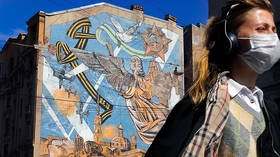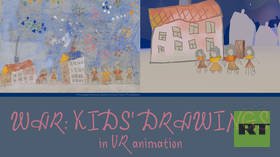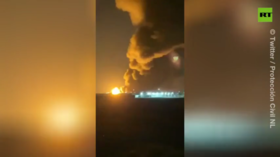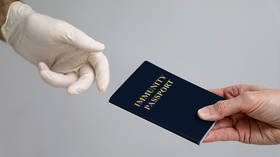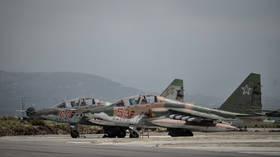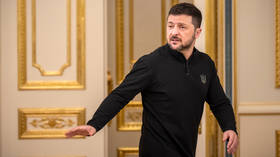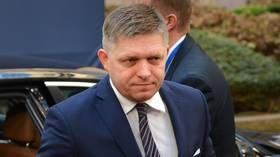For many Russians, Victory Day isn’t about politics or patriotism
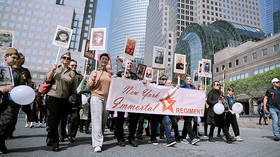
Victory Day has always been a big deal in Russia. But whatever you think of the political and military side of it, for many it’s a deeply personal day of memory – and the Russian Americans in my community are proof of that.
Every year for Victory Day (timed to the Russian holiday on May 9) my mother, along with many other members of the Russian-American community here in New York, gather in a city park to celebrate Bessmertniy Polk (‘The Immortal Regiment’). It’s a multinational event to commemorate the veterans of World War II, and people carry placards bearing black and white photos of family members who lived through and, in many cases, died in the war. Many of the faces of these family members are young men in uniform, some are of elderly women in kerchiefs, and some are of children in the blockade. One way or another, everyone who arrives has one.
“It’s not political, we make it all about the veterans,” Marina Ivannikova, the Deputy Head of the Russian Youth of America, which hosts the event, said. “We honor the ones we lost, and we visit the ones still living here in NYC. The ones who fought, the ones that worked in factories, the survivors of the camps and the blockade. Everyone. This year, the event will have to be virtual, but we have 360 gifts to send to the veterans.”
In more normal times, it’s a solemn event, but one filled with hopeful cheer. We play music from the time period, and little girls and boys from my mom’s singing group, The Golden Rooster, dress up in adorable dark green army uniforms to perform some of the most well-known songs. We share stories that our grandparents told us about the war –stories that are sad and funny– and women with long nails laugh while brushing a tear from their eyes with the backs of their index fingers. In the end, we have a minute of silence and release white balloons into the air to the tune of “Zhuravli”–a very poignant song about the many widows of the war.
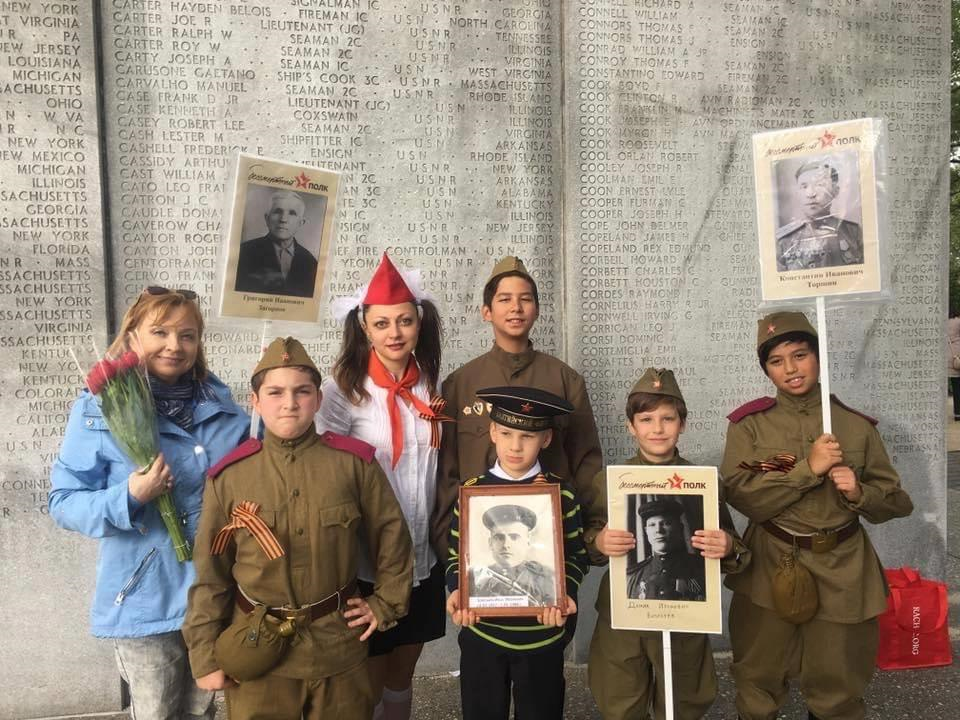
It’s a very modest version of the processions held across Russia alongside the enormous parade that takes place in Moscow every year, – the one that is constantly ridiculed as being a military, North Korea-style procession that proves that Russia is a dictatorship. Every year, I see these tweets and wonder if these people realize that Russia lost over 25 million lives in World War II, so, yes it’s still kind-of a big deal. I wonder if they know about the Leningrad Blockade, and all of the children who drove the dead out in sleighs past corpses with carved-out buttocks. I wonder if they know how long it took the country to rebuild, and how many generations continued to suffer from it. And I wonder why everything has to be about Putin all of the time, and why they don’t recognize that these are real people who are still dealing with real pain.
Yes, I grant you, the red banners saying “We are the children of the Great Victory” are a bit much. But I can see why they feel the need to overcompensate. Even among Russians who fled the country and hate certain aspects of how it’s run, the way Russia’s involvement in the war seems to be underscored here in America is a touchy subject. My mother, who is neither an angry nor a political person, once flew into a hurt rage when she read the chapter in my elementary school textbook on World War II, which she said basically summed up the country’s sacrifices as “and Russia helped a bit.”
“I’m not asking people to like Russia or approve of the government,” my friend, Sveta, 32, who lives in St Petersburg, said. “I’m not even asking people to say the Soviet army was great. I just want the enormous sacrifices that our grandparents made to be acknowledged. And maybe it’s all ‘propaganda,’ but every country has ‘propaganda.’ It doesn’t make my grandfather diving under a Nazi tank to save lives any less true.”
I’m not arguing that whether or not the Soviet army was a force of liberation or oppression isn’t a complicated subject, or that there aren’t any political agendas associated with how we celebrate Victory Day. But, for these people, the subject isn’t political; it’s deeply personal. And with the military parade canceled this year and all the world in the grips of one common enemy, I hope that for once we can put away the politics, and focus on just honoring the people instead.
If you like this story, share it with a friend!
The statements, views and opinions expressed in this column are solely those of the author and do not necessarily represent those of RT.
